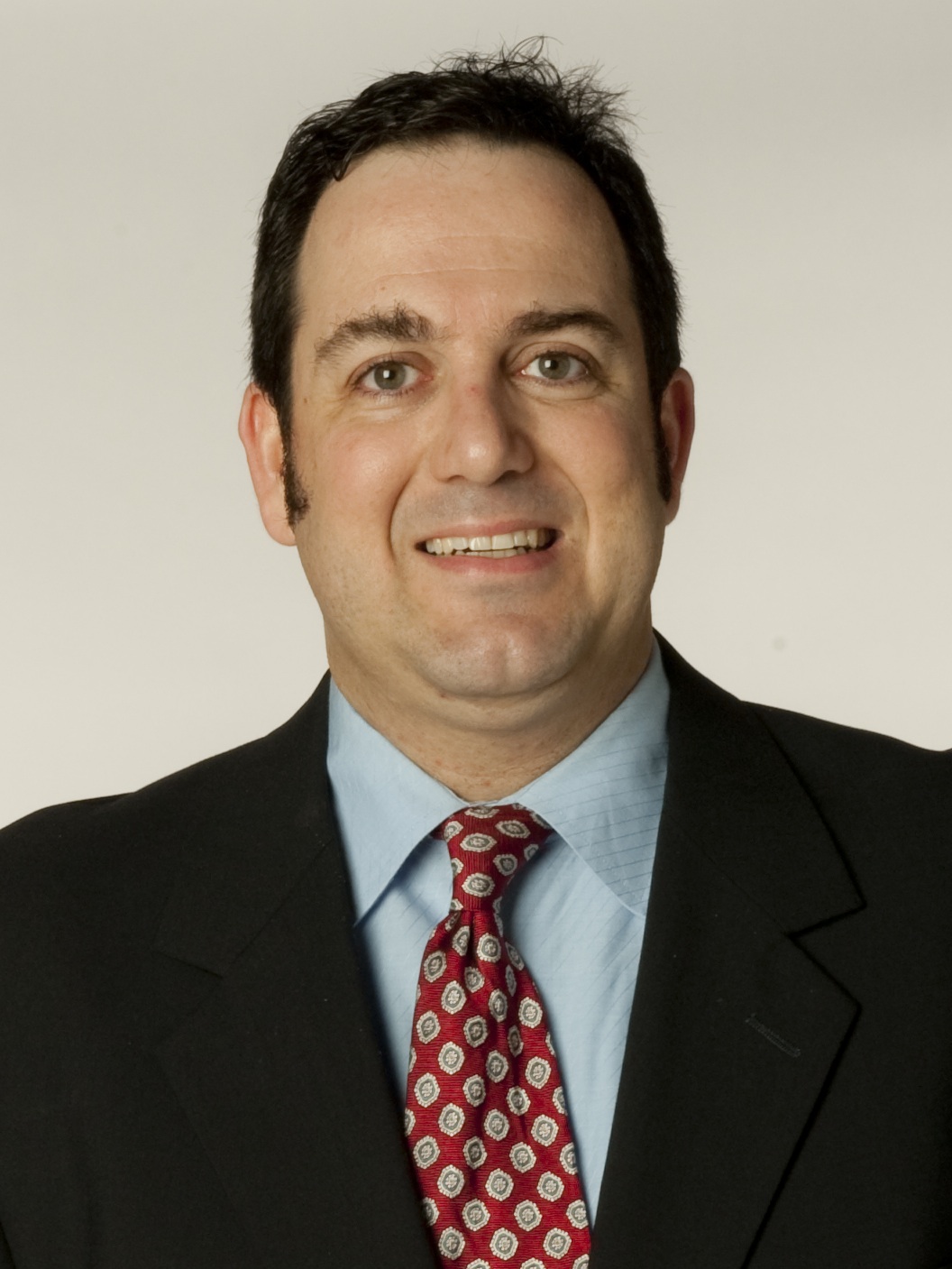The year 2013 marks the forty-fifth anniversary of Escott v. BarChris Construction Corp., the seminal decision on the due diligence defense under Section 11 of the Securities Act of 1933. Nearly a half century after it was decided, BarChris remains the landmark case on the rarely-litigated due diligence defense.
Under Section 11 of the Securities Act, an underwriter of securities is strictly liable for material inaccuracies in the registration statement filed with the SEC unless the underwriter successfully raises an affirmative defense. The most notable such defense is the so-called “due diligence defense,” which requires that an underwriter perform a “reasonable investigation” of the issuer. The standard of reasonableness used to assess the adequacy of an underwriter’s investigation is that of a prudent person in the management of her own money.
Today, BarChris is universally understood (by courts, scholars and practicing lawyers) to require that underwriters independently verify all material facts in the issuer’s registration statement if independent verification is practicable. According to my research, no judge or scholar has ever challenged this holding.
The BarChris court also opined that an underwriter – which markets the issuer’s securities to the public – must nonetheless take an adverse role to the issuer during due diligence. Numerous courts have deemed underwriters well suited for this role, despite the obvious conflict. Commentators have mostly ignored the conflict.
My article, The Irrepressible Myths of BarChris, published recently in the Delaware Journal of Corporate Law (available here), analyzes both BarChris‘s mandate that underwriters perform independent verification whenever practicable and BarChris‘s dictate that underwriters be essentially impartial in due diligence. In the article, I urge that both are “irrepressible” myths: fundamentally flawed, but nonetheless deeply entrenched.
BarChris‘s unyielding independent verification requirement was never correct, I argue, because in some circumstances even a prudent investor would trust the issuer’s material statements rather than verify those statements. BarChris‘s demand that underwriters play “devil’s advocate” to the issuer may have made sense years ago, I urge, but no longer. Underwriters today – and especially the “global banks” that underwrite securities for massive corporations – are mostly (to use Professor Arthur Laby’s term) “dependent gatekeepers.”
In light of my conclusions about BarChris, I advocate two changes to the due diligence jurisprudence. First, an underwriter should successfully raise the due diligence defense if it reasonably concludes, after an otherwise reasonable investigation, that the issuer is objectively trustworthy (to prudent investors) or sufficiently solvent to cover a judgment under Section 11 – even if the underwriter has not independently verified every material fact in the registration statement that feasibly could have been verified. An underwriter is likely to so conclude only in secondary offerings by large, established issuers – not in IPOs by untested or unknown issuers.
Second, courts should consider an underwriter’s independence when assessing the reasonableness of an underwriter’s due diligence. Or better yet, since courts only will be called upon to assess an underwriter’s independence after the fact (in the context of a Section 11 lawsuit), the SEC should consider promulgating rules concerning whether and under what circumstances due diligence must be performed by an independent underwriter. Such unconflicted due diligence probably is unnecessary for most secondary offerings by large, established issuers, but it might well be worthwhile in at least some IPOs – particularly where the underwriter who is marketing the securities to the public already has a cozy relationship with the issuer.
 Sky Blog
Sky Blog


Thank you for the clear explanation of the BarChris due diligence defense! I have a corporations final tomorrow and this was one of the few things I still did not understand completely until reading this article. What perfect timing!
I found some stock shares for a company called BarChris Construction Corporation in my late fathers belongings and I’m trying to find out if this corporation is still in business and if these stocks are worth researching? Please send me any information that you might have so that I can research these stocks. Thank you for all of your help. Richard Miller